As responsible travellers, we have an obligation to respect the cultures and environments of the places we visit. Here are 20 ways to help you travel more responsibly.

What is responsible tourism?
Everyone has their own definition of responsible tourism. For me, I think the philosophy of responsible travel can be summed up by a quote attributed to Chief Seattle:
“Take nothing but pictures, leave nothing but footprints.”
In other words, we should aim to have as minimal an impact on the environment and local cultures as possible.
Of course, it's not always that simple. As our world becomes more and more connected, our actions as travellers can have a far-reaching impact, both good and bad.
Why does being a more responsible traveller matter?
The global tourism industry is responsible for over 10% of the world's GDP, and is projected to grow even further in the coming years.
However, many local communities are struggling to keep up with the influx of tourists and protect their cultures and environments.
As a result, it's important for tourists to respect the local community and be stewards of the environment if they want tourism to continue to thrive.
If everyone that travels could just be a little more responsible, it would make a world of difference. So, how can you be a more responsible traveller?
20 Responsible Travel Ideas
These suggestions of simple ways to travel in a more responsible manner might help you lessen your impact on the environment, support local businesses and get more out of your travel experiences.
1. Travel By Bicycle!
OK, so I couldn't help myself putting this one in first! If you've read some of my travel blog, you'll know that I've cycled around much of the world. When it comes to reducing carbon emissions, it doesn't get any more real than that!
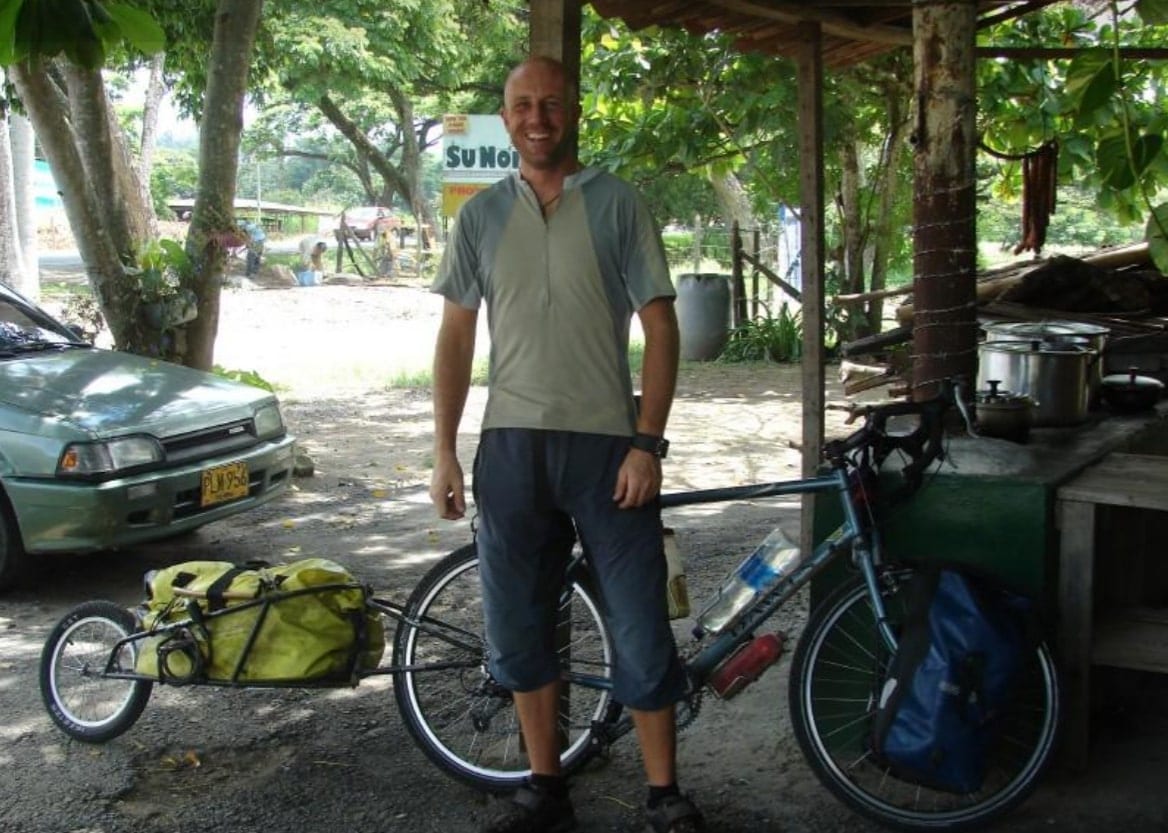
Bicycle touring has many advantages. Not only are you getting great exercise, but you're also travelling at a slow pace which allows you to really experience the places you visit.
If you're not quite ready to commit to an around-the-world cycling trip, consider renting a bike for a day or two while on vacation. It's a great way to explore new places without having too much of an impact.
Related: Outdoor Quotes
2. Use a reusable water bottle or better still water filter
One of the problems that many countries have, is that the water from the taps is not drinkable. Even when traveling around the Greek islands we find that to be the case. Inevitable, it means using plastic bottles of water as there is little other choice. or is there?
By taking a reusable water bottle with you or using a water filter, you can save hundreds, if not thousands of plastic bottles over the course of your travels.
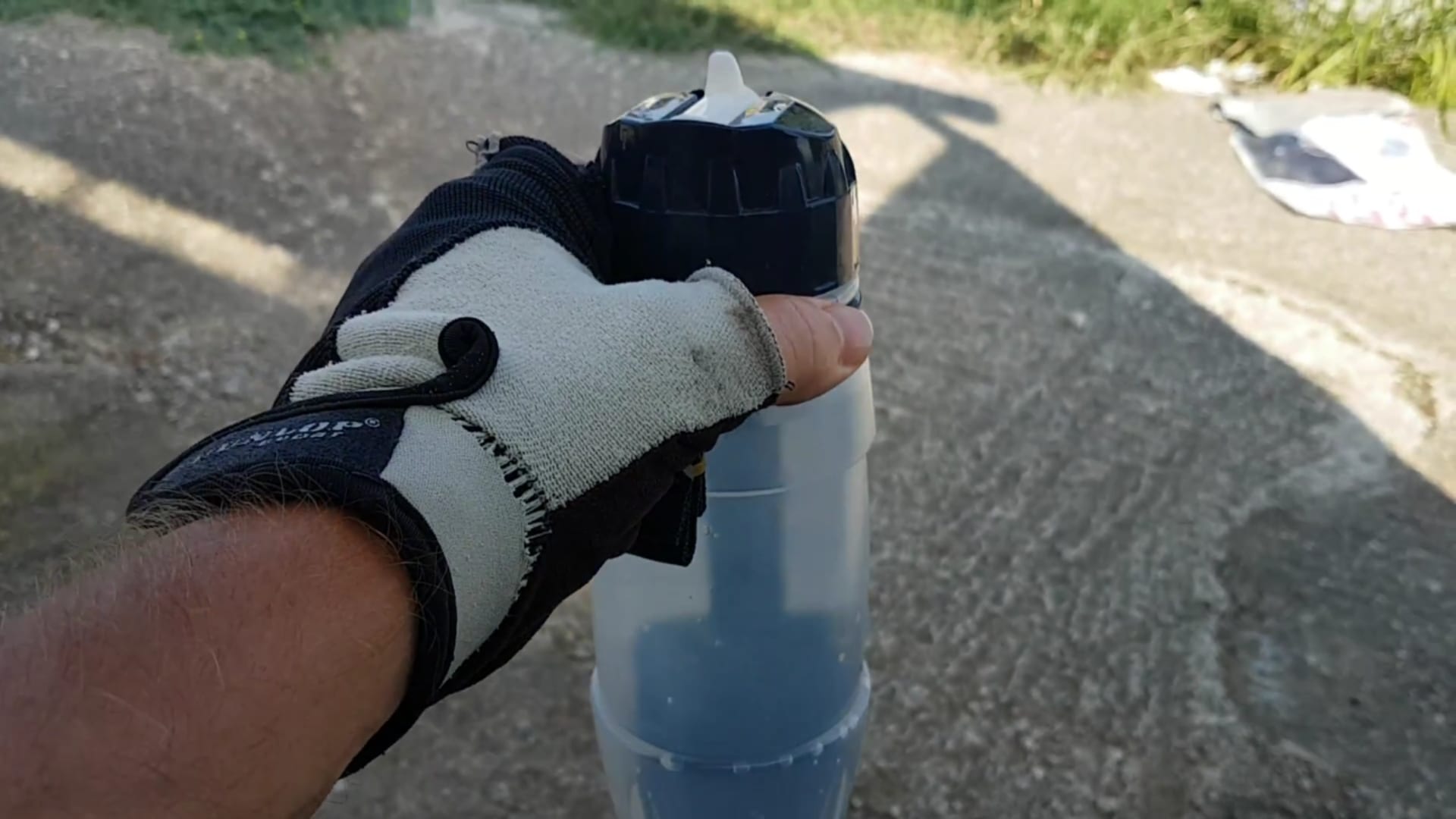
3. You don't need all those plastic bags
In some countries, it seems that even when you buy the smallest thing, they want to give you a plastic bag for it. In Vietnam, I was once given 4 plastic bags for 2 small items! It's not just the environment that suffers from this addiction to plastic bags, but also the local economy.
In many countries, it's now the norm to bring your own reusable shopping bag when you go to the store. If you forget, just say no thanks and carry your purchases without a bag. It's not that difficult, I promise!
4. Consider taking public transportation
When visiting a new city, it can be tempting to hail a taxi or rent a car. However, this is often unnecessary and can add to traffic congestion. If you're not traveling by bicycle (see point one!), then consider taking public transportation instead.

Public transport is often cheaper and will give you a chance to see how local people get around. Taking local transport can be a great part of your adventure traveling in new places. Just be sure to do your research in advance so you know which tickets to buy and where to board the bus or train.
5. Buy local
When you're on vacation, it can be tempting to buy souvenirs that are mass-produced and shipped in from other countries. However, this does little to support the local economy or culture.

Instead, try to buy locally produced items such as artwork, handmade goods, and food specialties from local markets if you can. Not only will this help the local economy, but you're likely to end up with something more unique and authentic.
Related: 20 Reasons To Travel Around The World
6. Be a responsible wildlife tourist
With the rise of social media, we're seeing more and more people traveling to far-flung corners of the world in search of that perfect selfie with a wild animal. However, this often results in animals being captured and kept in captivity, or tourists putting themselves in danger.
If you want to see wildlife on your travels, be sure to do your research in advance and only visit reputable sanctuaries, reserves, and national parks. Remember to always keep a safe distance from the animals, and never try to touch or feed them.
Personally, I tend to avoid animal tourism unless I am absolutely sure that responsible practices are being followed.
7. Volunteer or donate to local causes
If you really want to make a difference when you travel, then consider giving back to the local community in some way. This could be through volunteering with a local organization, or simply donating to a cause that you care about.
There are many ways to volunteer while traveling, such as working with children, teaching English, or helping out at an animal shelter. Do some research in advance to find reputable organizations that you can help out.
8. Be aware of your carbon footprint
Flying emits a lot of carbon dioxide into the atmosphere, which is one of the main greenhouse gases responsible for climate change. If you're concerned about your impact on the environment, then consider offsetting your flights by planting trees or investing in other carbon-reducing projects.
You can also try to fly less by taking trains or buses instead, or simply planning longer trips so you can take fewer direct flights overall.
9. Travel slow
The best way to get to know a place is to travel slowly and really take the time to experience everything it has to offer. This doesn't mean that you have to spend months in each place, but try to stay for at least a week or two if you can.
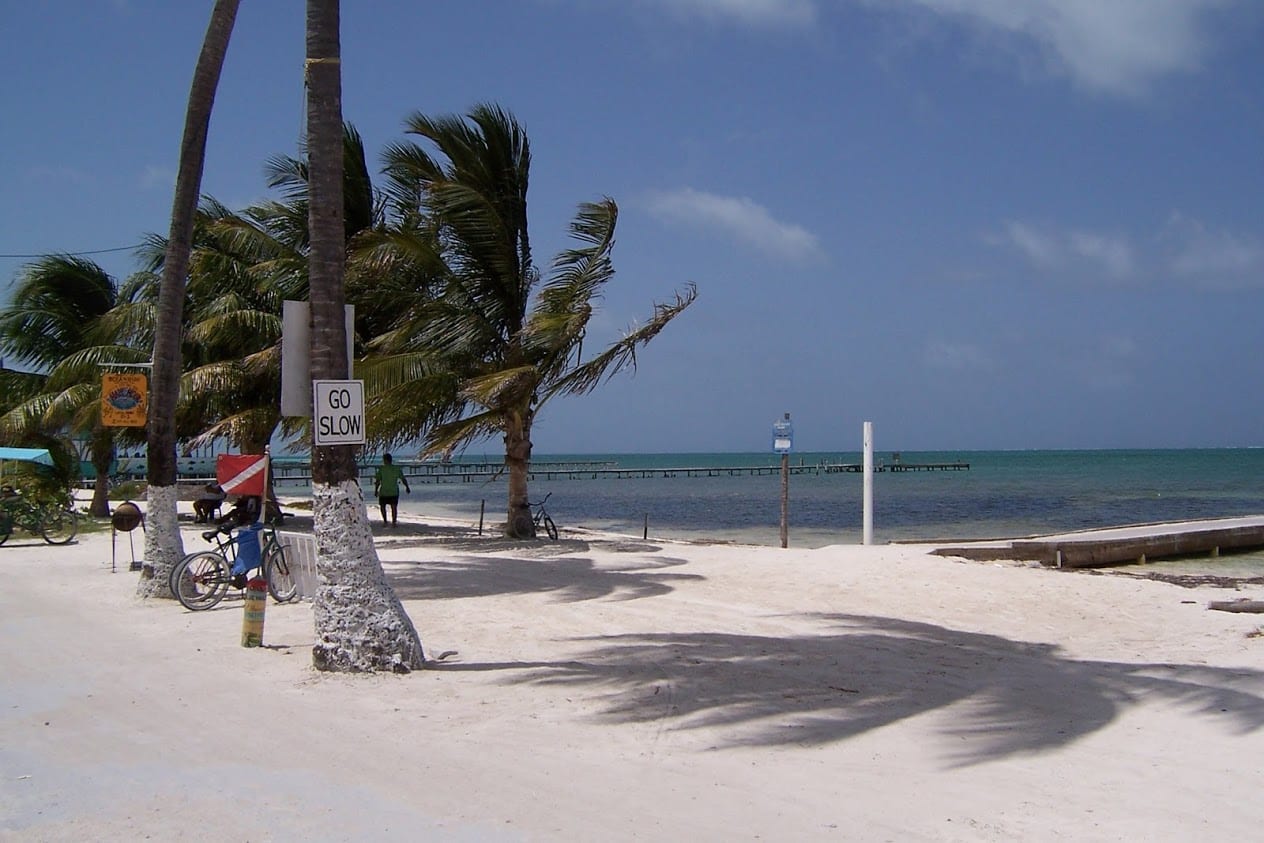
Slow tourism is about connecting with the local community and culture, and it's often more sustainable than traditional tourism as well.
10. Respect the local culture and customs
When you're traveling to a new country, it's important to remember that you are a guest in their culture. Be sure to research the local customs and etiquette before you visit, and make an effort to respect the people and their culture.
This includes everything from dress code and language, to religious beliefs and social customs. By showing that you're interested in their culture and willing to learn about it, you're more likely to have a positive experience and create lasting connections with the local community.
11. Use Family run businesses
It seems that no matter where you go in the world, there is a huge hotel owned by some offshore company. The hotel might pay the locals wages, but where does the rest of the money go?
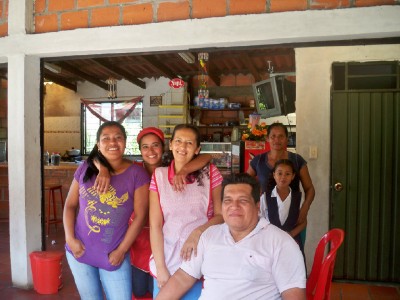
When we travel, it is important to try and use family run businesses as much as possible. This could be anything from a family-owned restaurant to a small, locally owned hotel. It's a great way to put money directly into local economies.
The photo above is a very friendly family I met when Cycling from Near Villa Rica to Popayan in Colombia during a bike tour. Always nice making a local connection!
12. Use an eco friendly tour operator
One way to be a responsible traveler, is to use an eco friendly tour operator. There are many benefits to using an eco friendly tour operator, such as supporting local businesses and sustainable tourism initiatives.
Eco friendly tour operators often have a smaller environmental impact, as they use recycled materials and green energy sources. They also typically support local communities through employment and fair trade practices.
As with anything, there are varying degrees of ‘eco friendliness'. You should always do your own research to find an eco friendly tour operator that meets your standards.
13. Stay at hotels with sustainable and responsible practices
Many hotels around the world now say they will just clean rooms twice a day, or only replace towels when asked to. It's small changes like this that make a big difference to the environment.
When staying at a hotel, look for sustainable and responsible practices such as energy-efficient lighting, green cleaning products, and recycling programs. These are all small ways that hotels can reduce their impact on the environment.
I recommend Booking as a great place to search for sustainable accommodation.
14. Use local guides
When visiting a new place, it's always best to use a local guide. They know the area like the back of their hand and can take you to all the best places, both touristy and off the beaten path. Below are the guides from a trip to Nepal.
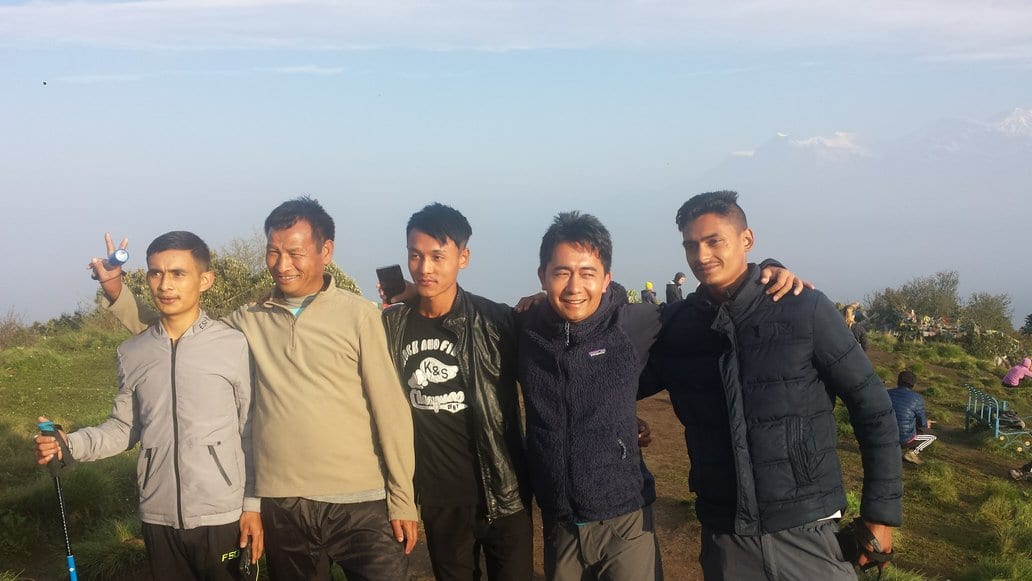
They can also teach you about the culture and history of the area, which is something you won't get from a guidebook. A local tour can act as a wonderful introduction to a new city that you plan to spend a long time in.
15. Kayak don't Jet Ski
Being at the beach is fun, and often one of the main reasons people travel. But there are more sustainable ways to enjoy the ocean than others.
For example, kayaking is a great way to explore the coastline and get some exercise. It doesn't require any fuel, so there's no pollution involved. Jet skiing, on the other hand, is very polluting and uses a lot of fuel. It can also be harmful to marine life.
If you're looking for a way to enjoy the ocean without harming the environment, kayaking is the way to go. This is me enjoying kayaking to some of the beaches in Symi island in Greece!
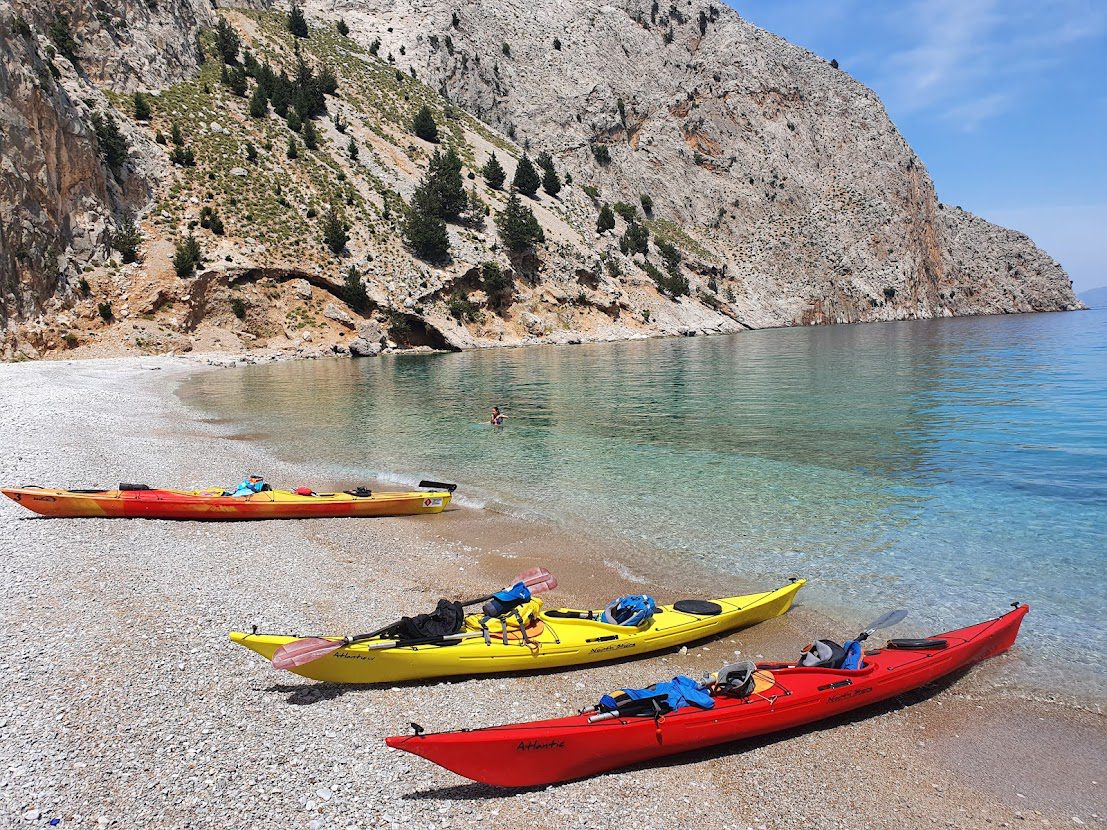
16. Eat local food
So many backpackers seem to only want to eat what they know, but eating local food has many benefits. It's often cheaper than eating at Western restaurants, and it's a great way to try new things.
Plus, when you eat local food, you're supporting the local economy and helping to keep traditional cuisine alive. If the food is produced locally, it will have involved less plastic packaging and transportation – another major win!
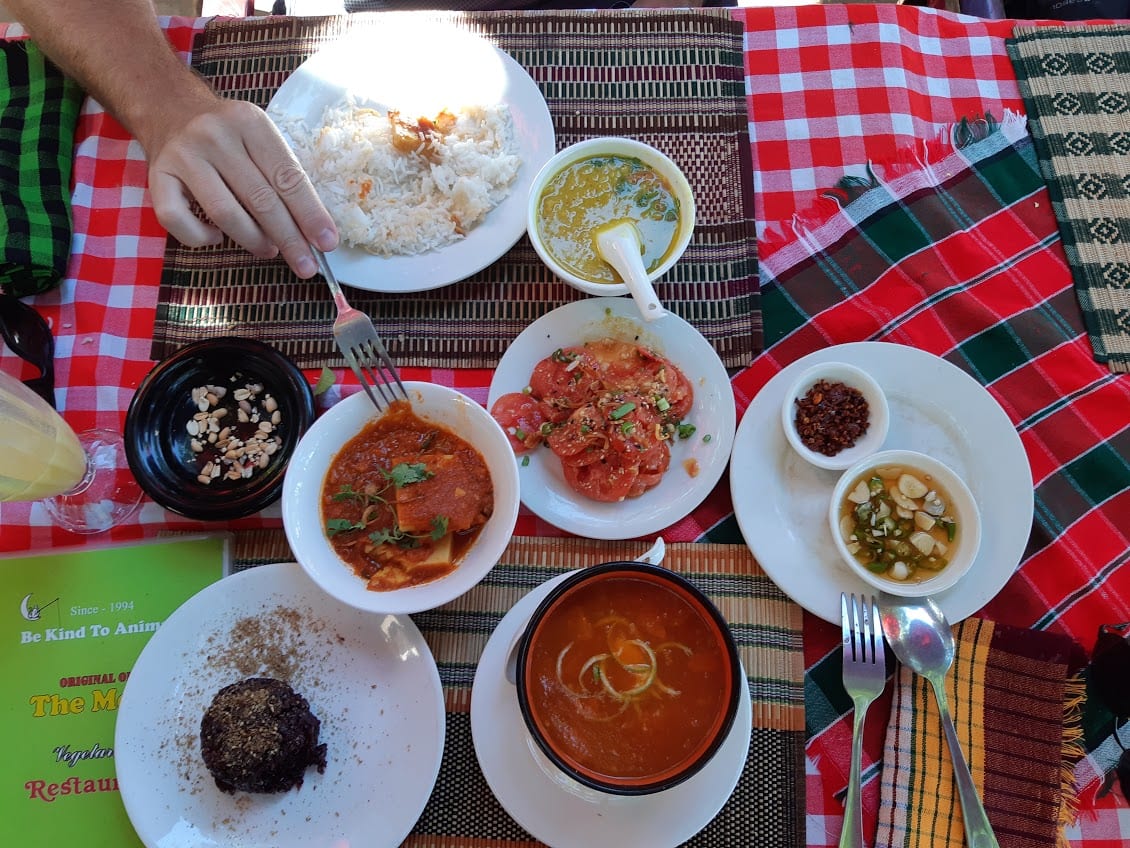
17. This is the last straw!
Plastic is one of the biggest polluters in the world, and it's a huge problem in many countries.
One way to reduce your impact on the local environment is to refuse straws when you're out and about. It's such a small thing, but it can make a big difference.
If you really need to use a straw, bring a reusable one with you. These are becoming more and more popular, and they're much better for the environment. Travel responsibly with your own straw!
18. Educate yourself about the local culture and customs
Before you travel somewhere, it's important to educate yourself about the local culture and customs. This will help you to avoid any cultural faux pas and make sure you respect the local way of life.
It's also a good idea to learn some basic phrases in the local language. This shows that you're making an effort to connect with the local community.
19. Conserve water
Water is a precious resource, and it's important to conserve it when you're travelling. This means not leaving the tap running when you're brushing your teeth, and taking shorter showers.
In some countries, water is in short supply, so it's even more important to be conscious of your use. Be sure to follow any local guidelines on water conservation.
20. Turn off the air con
So many tourists seem unable to function without air conditioning, but it's actually really bad for the environment. If you can, try to avoid using it wherever possible.
In hot weather, open the windows and let a breeze flow through. You might even be able to get away with not using air conditioning at all!
If you have to use the air con, you don't need to set it at 20 degrees. If it's 40 degrees outside, set it at 27 degrees.
This will make a big difference to your energy consumption.
Travelling responsibly is important, and it's something that we should all be trying to do. There are many ways to reduce your environmental impact when you're travelling, from refusing straws to eating local food.
It's also important to be respectful of the local culture and customs. If you take the time to learn about the place you're visiting, you'll have a much better experience.
What are your tips for travelling responsibly? Let us know in the comments!
Responsible Travel Tips FAQ
Here are some questions and answers you might find interesting about traveling more thoughtfully and responsibly:
What makes a responsible traveller?
There are many things that make up a responsible traveller, but some of the most important things are being aware of your impact on the local environment and culture, and trying to reduce it as much as possible.
What are some sustainable practices for tourists?
Here are some sustainable practices for tourists:1. Refuse straws and plastics wherever possible.2. Educate yourself about the local culture and customs.3. Conserve water.4. Turn off the air conditioner when not in use.5. Eat local food whenever possible.
Why is learning a few key phrases of the local language important?
Learning a few key phrases of the local language is important because it shows that you're making an effort to connect with the local community. It also makes it easier for you to communicate with locals, which can make your travel experience much better.
What is community based tourism?
Community based tourism (CBT) is a type of sustainable tourism that focuses on benefiting the local community. It involves tourists working with the local community to create and run tourism projects. This can include things like homestays, cultural performances, and guided tours.-based tourism is a great way to connect with the local culture.
How can we protect the natural environment as we travel?
There are many ways to protect the natural environment as we travel. One of the most important things is to reduce our reliance on single-use plastics. We can also try to eat local food, which has a lower carbon footprint than imported food. Finally, we can conserve water by not leaving the tap running and taking shorter showers.
Read Next:
- How to travel stress free
- Connecting with Local Culture in the Digital Age
- Santorini vs Milos – Which Island Is Better?
- Iceland Quotes And Captions
- Dubai Captions And Quotes For Instagram
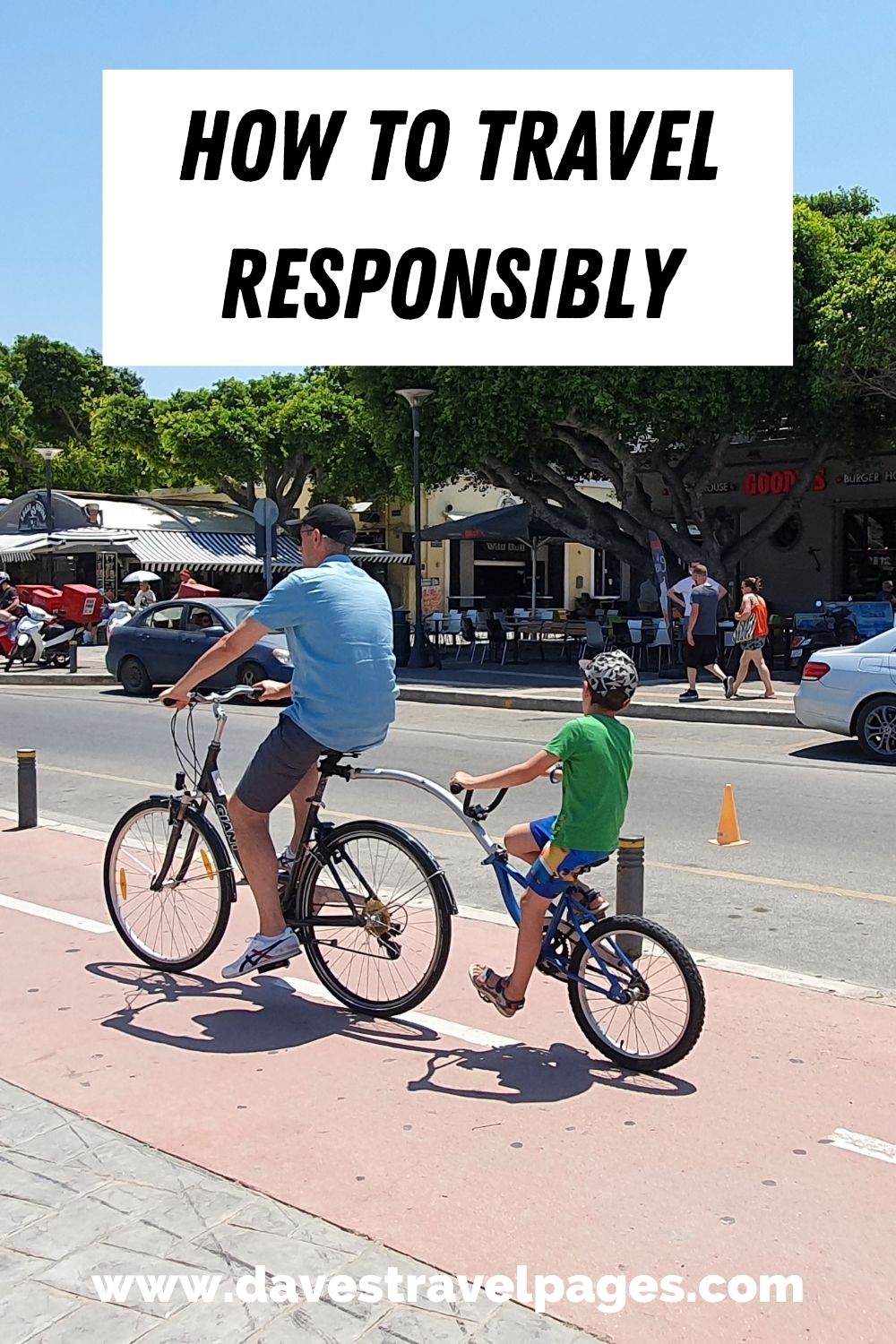
 – Dave Briggs
– Dave BriggsDave is a travel writer who spends his time traveling around and writing about Greece. As well as putting together this guide on how to travel responsibly, he has written hundreds of blog posts containing travel tips about destinations and adventure activities all around the world. Follow Dave on social media for travel inspiration from around the world: